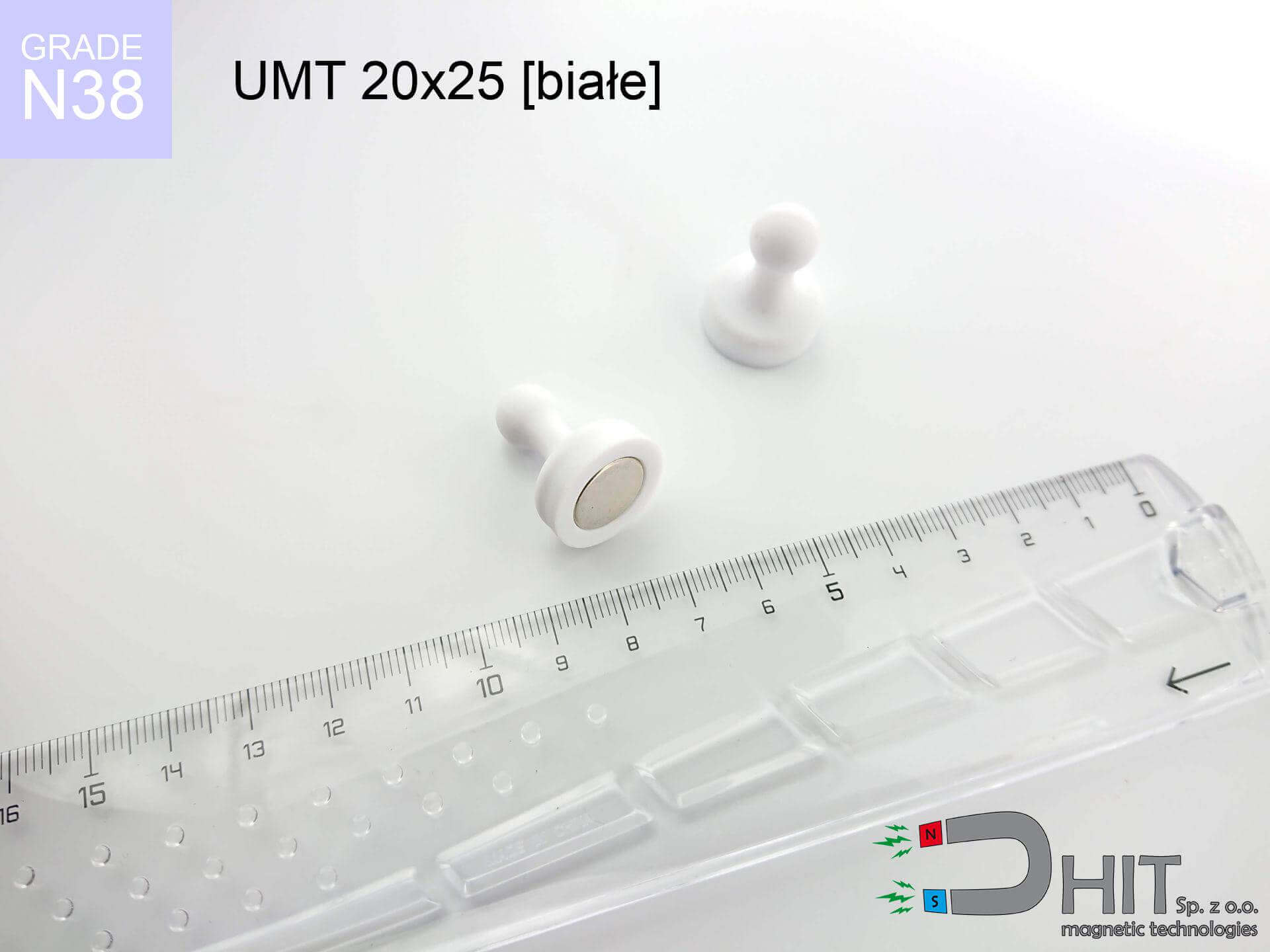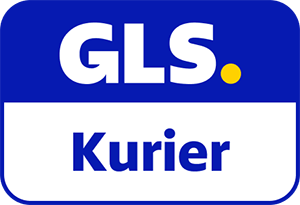AM klisza magnetyczna 50 x 50 mm - magnetic accessories
magnetic accessories
Catalog no 080471
GTIN/EAN: 5906301812517
Weight
0.05 g
24.60 ZŁ with VAT / pcs + price for transport
20.00 ZŁ net + 23% VAT / pcs
bulk discounts:
Need more?
Contact us by phone
+48 888 99 98 98
otherwise drop us a message through
inquiry form
the contact form page.
Parameters as well as form of a magnet can be estimated with our
magnetic calculator.
Same-day processing for orders placed before 14:00.
Technical - AM klisza magnetyczna 50 x 50 mm - magnetic accessories
Specification / characteristics - AM klisza magnetyczna 50 x 50 mm - magnetic accessories
| properties | values |
|---|---|
| Cat. no. | 080471 |
| GTIN/EAN | 5906301812517 |
| Production/Distribution | Dhit sp. z o.o. |
| Country of origin | Poland / China / Germany |
| Customs code | 85059029 |
| Weight | 0.05 g |
| Manufacturing Tolerance | ±1 mm |
Physical properties of sintered neodymium magnets Nd2Fe14B at 20°C
| properties | values | units |
|---|---|---|
| Vickers hardness | ≥550 | Hv |
| Density | ≥7.4 | g/cm3 |
| Curie Temperature TC | 312 - 380 | °C |
| Curie Temperature TF | 593 - 716 | °F |
| Specific resistance | 150 | μΩ⋅cm |
| Bending strength | 250 | MPa |
| Compressive strength | 1000~1100 | MPa |
| Thermal expansion parallel (∥) to orientation (M) | (3-4) x 10-6 | °C-1 |
| Thermal expansion perpendicular (⊥) to orientation (M) | -(1-3) x 10-6 | °C-1 |
| Young's modulus | 1.7 x 104 | kg/mm² |
Elemental analysis
| iron (Fe) | 64% – 68% |
| neodymium (Nd) | 29% – 32% |
| boron (B) | 1.1% – 1.2% |
| dysprosium (Dy) | 0.5% – 2.0% |
| coating (Ni-Cu-Ni) | < 0.05% |
Environmental data
| recyclability (EoL) | 100% |
| recycled raw materials | ~10% (pre-cons) |
| carbon footprint | low / zredukowany |
| waste code (EWC) | 16 02 16 |
Check out also products
Pros and cons of rare earth magnets.
Advantages
- They have stable power, and over nearly 10 years their attraction force decreases symbolically – ~1% (in testing),
- Neodymium magnets are distinguished by exceptionally resistant to loss of magnetic properties caused by external field sources,
- A magnet with a smooth silver surface has better aesthetics,
- They are known for high magnetic induction at the operating surface, which increases their power,
- Through (adequate) combination of ingredients, they can achieve high thermal resistance, enabling operation at temperatures approaching 230°C and above...
- Possibility of accurate creating and optimizing to complex requirements,
- Fundamental importance in future technologies – they serve a role in magnetic memories, electromotive mechanisms, medical devices, and other advanced devices.
- Thanks to their power density, small magnets offer high operating force, in miniature format,
Limitations
- They are prone to damage upon heavy impacts. To avoid cracks, it is worth securing magnets using a steel holder. Such protection not only shields the magnet but also improves its resistance to damage
- NdFeB magnets lose power when exposed to high temperatures. After reaching 80°C, many of them experience permanent weakening of strength (a factor is the shape and dimensions of the magnet). We offer magnets specially adapted to work at temperatures up to 230°C marked [AH], which are extremely resistant to heat
- Due to the susceptibility of magnets to corrosion in a humid environment, we suggest using waterproof magnets made of rubber, plastic or other material stable to moisture, in case of application outdoors
- We recommend a housing - magnetic mechanism, due to difficulties in creating threads inside the magnet and complicated forms.
- Health risk to health – tiny shards of magnets pose a threat, if swallowed, which becomes key in the context of child health protection. It is also worth noting that tiny parts of these devices are able to be problematic in diagnostics medical after entering the body.
- High unit price – neodymium magnets cost more than other types of magnets (e.g. ferrite), which can limit application in large quantities
Holding force characteristics
Detachment force of the magnet in optimal conditions – what affects it?
- with the application of a sheet made of low-carbon steel, ensuring maximum field concentration
- possessing a massiveness of min. 10 mm to avoid saturation
- characterized by even structure
- under conditions of gap-free contact (metal-to-metal)
- during pulling in a direction vertical to the plane
- at room temperature
Determinants of practical lifting force of a magnet
- Space between surfaces – even a fraction of a millimeter of distance (caused e.g. by veneer or dirt) drastically reduces the magnet efficiency, often by half at just 0.5 mm.
- Direction of force – highest force is reached only during perpendicular pulling. The force required to slide of the magnet along the surface is standardly several times lower (approx. 1/5 of the lifting capacity).
- Metal thickness – thin material does not allow full use of the magnet. Magnetic flux penetrates through instead of converting into lifting capacity.
- Material type – ideal substrate is pure iron steel. Stainless steels may have worse magnetic properties.
- Surface finish – full contact is possible only on polished steel. Any scratches and bumps reduce the real contact area, weakening the magnet.
- Heat – NdFeB sinters have a negative temperature coefficient. When it is hot they are weaker, and at low temperatures they can be stronger (up to a certain limit).
Lifting capacity testing was conducted on plates with a smooth surface of optimal thickness, under a perpendicular pulling force, however under shearing force the holding force is lower. In addition, even a small distance between the magnet and the plate reduces the load capacity.
Precautions when working with neodymium magnets
Phone sensors
Navigation devices and mobile phones are highly susceptible to magnetism. Close proximity with a strong magnet can permanently damage the internal compass in your phone.
Protective goggles
Beware of splinters. Magnets can explode upon violent connection, ejecting shards into the air. Wear goggles.
Demagnetization risk
Do not overheat. NdFeB magnets are sensitive to temperature. If you require operation above 80°C, ask us about HT versions (H, SH, UH).
Do not underestimate power
Handle magnets consciously. Their huge power can surprise even experienced users. Be vigilant and do not underestimate their force.
Nickel allergy
A percentage of the population experience a hypersensitivity to nickel, which is the typical protective layer for neodymium magnets. Frequent touching might lead to a rash. It is best to wear safety gloves.
No play value
Strictly keep magnets out of reach of children. Choking hazard is high, and the consequences of magnets clamping inside the body are tragic.
Crushing force
Pinching hazard: The attraction force is so great that it can cause blood blisters, crushing, and even bone fractures. Protective gloves are recommended.
Mechanical processing
Drilling and cutting of NdFeB material poses a fire hazard. Neodymium dust oxidizes rapidly with oxygen and is difficult to extinguish.
Life threat
Life threat: Strong magnets can turn off pacemakers and defibrillators. Stay away if you have electronic implants.
Keep away from computers
Powerful magnetic fields can corrupt files on credit cards, hard drives, and storage devices. Maintain a gap of at least 10 cm.



![UMH 20x7x35 [M4] / N38 - magnetic holder with hook UMH 20x7x35 [M4] / N38 - magnetic holder with hook](https://cdn3.dhit.pl/graphics/products/umh-20x7x35-m4-hiz.jpg)




